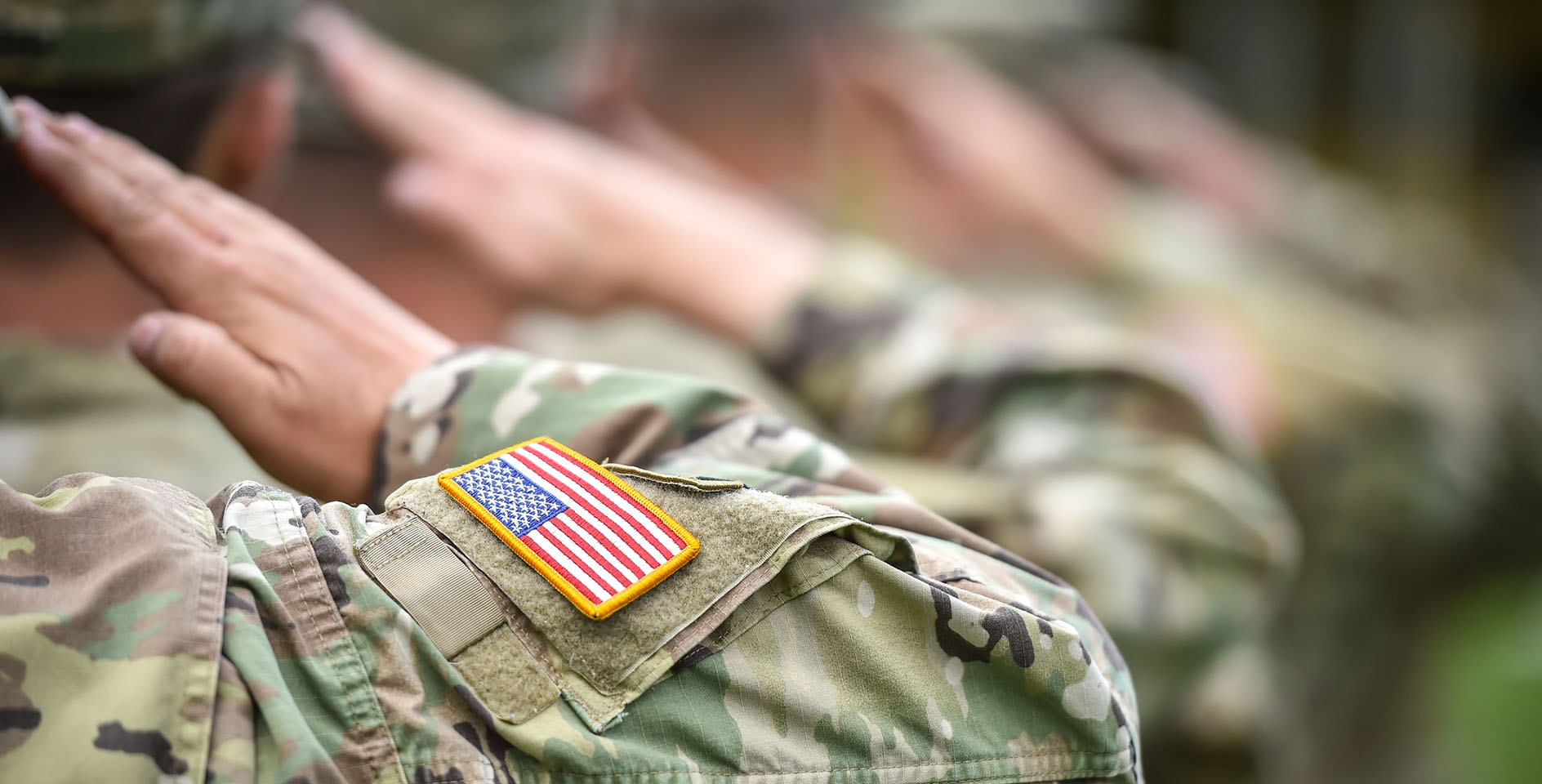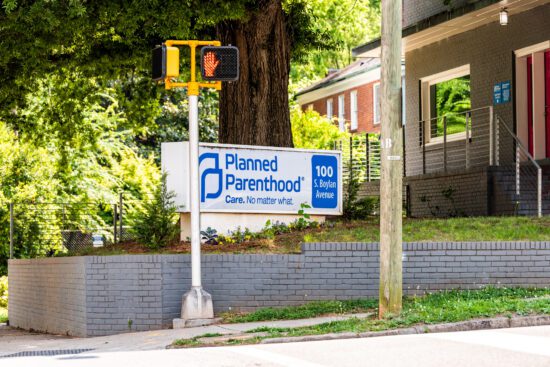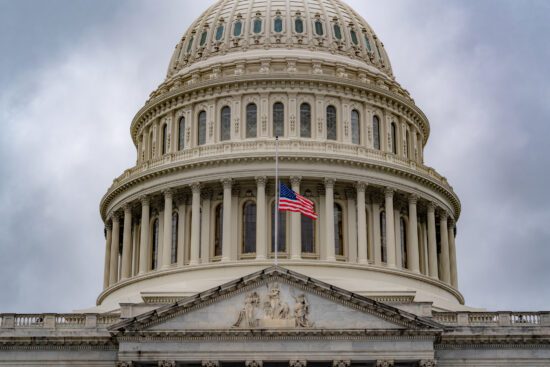Each year, the U.S. House of Representatives and Senate must pass the National Defense Authorization Act (NDAA), which funds and directs the functions of the United States Armed Forces and overall national defense. This bill typically includes issues such as the operations of military bases, the procurement of weapons, vessels, and aircraft, and revised training requirements for the members of military branches.
Due to the politically divided nature of Congress, the two versions of the NDAA, one led by Republicans in the House and the other by Democrats in the Senate, vary on how federal funding can be used. As a result, Congress will need to meet, or “conference,” to negotiate the final form of the NDAA to be enacted next year.
Congressional conference provides a unique opportunity for advocacy groups, such as the Ethics and Religious Liberty Commission, to voice concerns or support for provisions included in the NDAA as they begin the negotiating process.
Why is the NDAA important?
Through the NDAA, Congress allocates approximately $886 billion in taxpayer funds. In addition, the NDAA helps set what Congress views as legitimate uses of federal funding. Without proper language included in the NDAA, taxpayer dollars could be used to fund activities Southern Baptists fundamentally oppose.
One example of such an issue is federally funded abortion. The Department of Defense has announced plans to use federal funding provided in the NDAA to transport women who serve in the armed forces from military bases located within states that limit or ban abortion for the sole purpose of obtaining an abortion. This is justified as a “national security” issue to ensure women who become pregnant are not required to take a leave of absence during their pregnancy and while giving birth. However, this policy is really part of an overarching plan from the White House to prevent state abortion restrictions from taking effect whenever possible following the Dobbs decision.
Another example is the use of federal funding to cover gender transition procedures and other medication, such as puberty blockers. The Department of Defense spends roughly $136 billion annually on healthcare for employees and military personnel, and under the current leadership, the Department is extending such coverage to include surgical procedures and medication prescribed for gender transitioning. This is part of a federal policy designed to facilitate gender transitions under the guise of supporting the armed forces.
Language prohibiting the usage of federal funds for abortion-related travel and for gender transition procedures is included in one version of the NDAA, but not both. This means when the congressional conference begins, these prohibitions may be removed during the negotiating process.
How does this affect Southern Baptists?
As stated in the Baptist Faith and Message, Southern Baptists believe that God has ordained government for the purpose of executing justice, praising that which is good, and punishing those who do evil. Any federal funding of abortion or gender-transition services cultivates injustice by violating our consciences as taxpayers and by causing irreversible bodily harm to our neighbors.
Southern Baptists have historically supported these measures through the passage of our annual resolutions such as the:
- 2022 Resolution On Anticipation of a Historic Moment in the Pro-life Movement
- 2023 Resolution On Opposing “Gender Transitions.”
What happens next?
On Sept. 14, the ERLC sent a letter to congressional representatives urging them to include language prohibiting the use of federal funding for:
- Abortion, including abortion-related travel, and
- Gender-transition resources, including both surgeries and medication.
Congress will likely begin negotiations in September and must complete the final version of the NDAA before the end of the year. In the meantime, the ERLC will continue advocating on behalf of Southern Baptists at every opportunity.
We invite our fellow Southern Baptists to join us in praying for godly wisdom to permeate these negotiations, for lives to be saved through maintaining the current restrictions on abortion, and for opportunities to clearly articulate God’s design for gender and sexuality.











